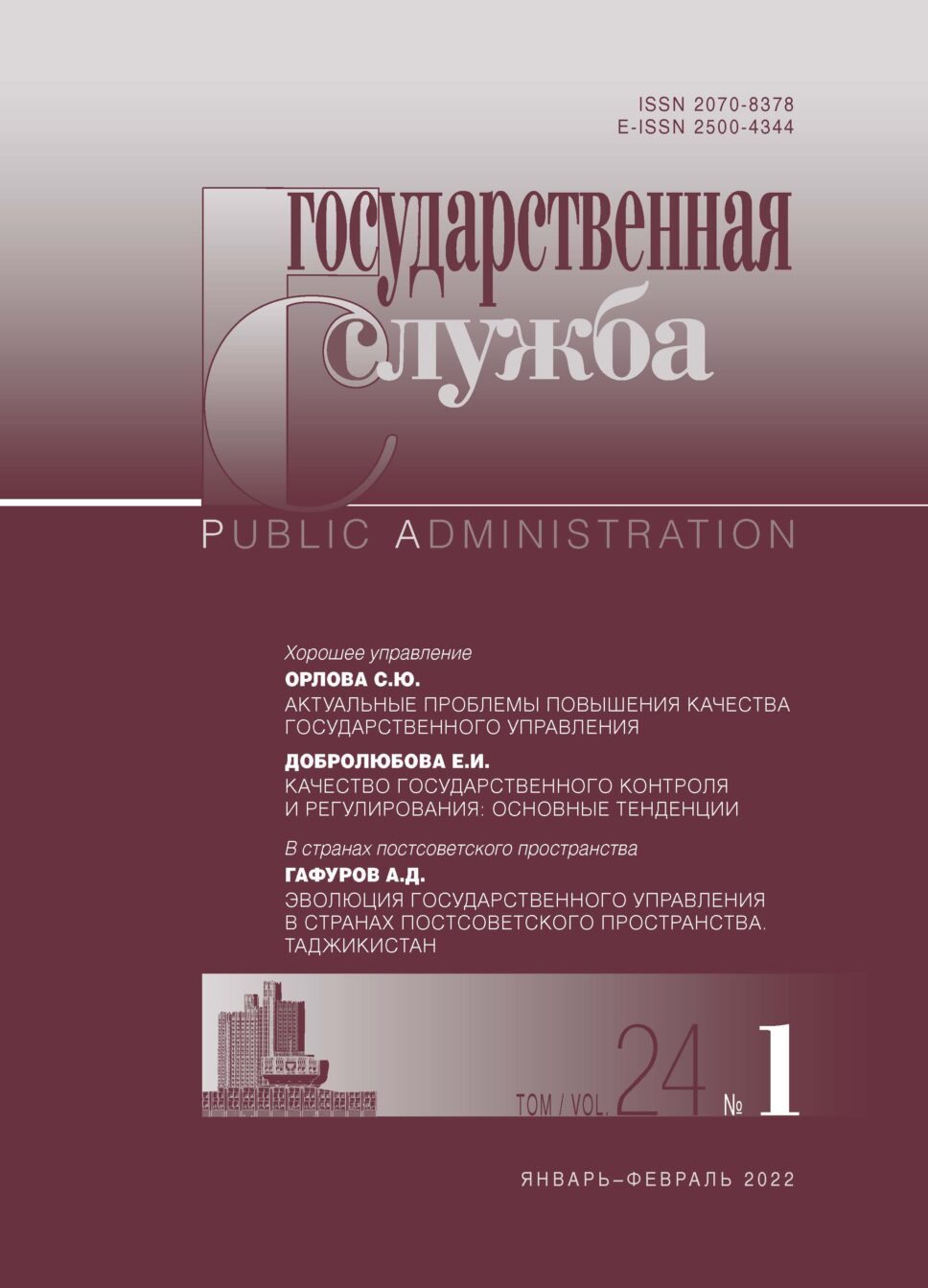Recommended link to article:
ELIZAVETA E. OLEINIKOVAа
аInstitute of Public Administration and Civil Service. Russian Presidential Academy of National Economy and Public Administration
DOI: 10.22394/2070-8378-2022-24-1-80-85
Abstract:
The article examines the Millennials’ career habitus using narrative online interviews. In the course of the work, it was revealed that millennials have a unique sense of social time affecting the generation’s career habitus design, which is the system of orientation for constructing life directions. Millennials are characterized by deep engagement in time, perceived as a non-linear process due to the formation of uncertainty and chaos caused by the movement of capital after the collapse of the Soviet Union, the emergence of the VUCA world (Volatility, Uncertainty, Complexity, and Ambiguity), and the digital society. Millennials use time as a flexible, chaotic, and nonlinear structure and become reformers in terms of career, professional, and life planning. This characterizes the reactive potential of a generation capable of changing social structures. Awareness of the Millennial generation’s career habitus helps building effective management paradigm for young specialists in the public service. The article describes the habitus design that implies freedom from the paradigm of time as a linear, cyclical, structured process. It creates new horizons for training the future public managers capable of forming their knowledge system with a unique, flexible structure that includes constantly updated social experience. The need for constant movement can be used to motivate civil servants. In practice, it is necessary to create opportunities for learning and sharing knowledge and experience. We should develop new working formats that imply dividing personnel into small agile groups to solve non-standard tasks, which gives a sense of meaningful contribution to the common cause.
Keywords:
public service, millennials, career habitus, digital society, agile
Received:
December 9, 2021
References:
Bourdieu P. Sociology of social space: translated from French. Translation ed. by N.A. Shmatko. St. Petersburg: Aleteyya, 2017. In Russian
Malinetsky G.G. Chaos. Structures. Computational experiment. Introduction to nonlinear dynamics. 3rd edition. Moscow: URSS, 2001. In Russian
Radaev V.V. Millenials compared to previous generations: an empirical analysis. Sotsiologicheskiye issledovaniya. 2018. No. 3(407). P. 15–33. DOI: 10.7868/S0132162518030029. In Russian
Radaev V.V. The divide among the Millennial generation: historical and empirical justifications. (First part). Sotsiologicheskiy zhurnal. 2020. Vol. 26. No. 3. P. 30–63. DOI: https://doi.org/10.19181/socjour.2020.26.3.7395. In Russian
Sorokin P.S. Modern studies of career as a social phenomenon: theoretical and methodological problems and ways to overcome them. Vestnik RUDN. Seriya: Sotsiologiya. 2013. No. 3. P. 40–50. In Russian
Sztompka P. Sociology of social changes. Ed. by V.A. Yadov; translation from English by A.S. Dmitriev. Moscow: ASPEKT-PRESS, 1996. In Russian
Vasilenko L.A. Advanced education as a way for human survival. Bezopasnost’ Yevrazii. 2004. No. 3 (17). P. 491–505. DOI: 10.18411/ Vasilenko-1-1. In Russian
Vasilenko L.A. “Normal anomie”: the transformation of institutions in a complex society. Research results. Sotsiologiya i upravleniye. 2018. Vol. 4. No. 3. P. 45–56. In Russian
Articles in Open Access mode are published under the Creative Commons Attribution 4.0 International (CC BY) license.

